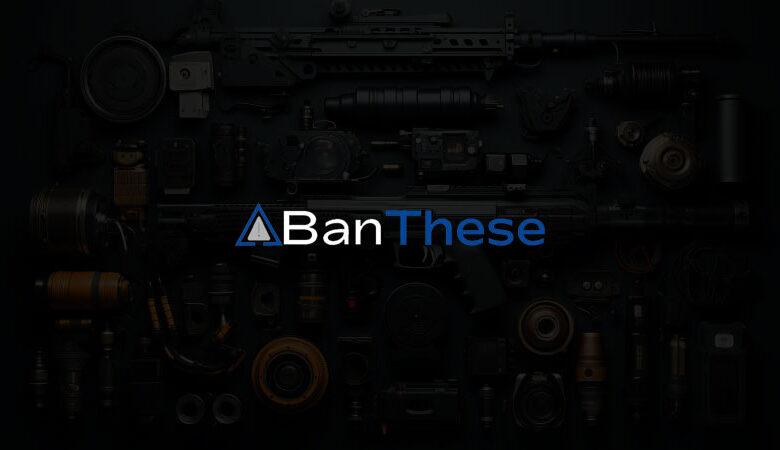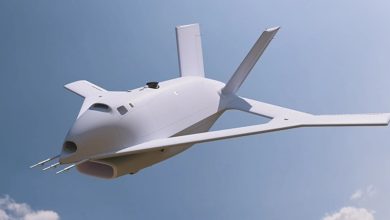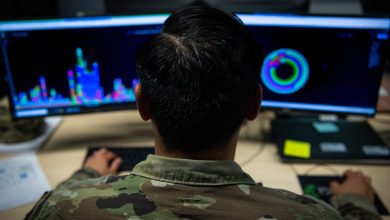Hegseth to attend Asia defense summit, with no China meeting planned

U.S. Secretary of Defense Pete Hegseth will travel to the Shangri-La Dialogue, the largest defense conference in Asia, where he will deliver a speech on the Pentagon’s approach to the region under the second Trump administration.
While in Singapore, though, Hegseth is not expected to meet with his counterpart from China, as his predecessor Lloyd Austin did last year. Beijing normally sends its defense minister to the summit but is unlikely to this year, downgrading its participation to a lower-level official.
The gap would make it a year since an American defense secretary has met in person with his Chinese counterpart, even as the two militaries continue speaking at lower levels.
“It is a signal that they are concerned about the level of engagement,” a U.S. defense official said of the Chinese choosing not to send their defense minister.
Incoming defense secretaries usually take the Shangri-La Dialogue to project the new administration’s policy toward the region, which America’s military has considered the most important in the world for the last decade. Austin visited Singapore all four of his years in office and used his speeches to discuss the value America put on working with like-minded countries.
While there, Hegseth is expected to meet with counterparts from Southeast Asia and U.S. allies, such as the Philippines, Australia and Japan.
Notably, Hegseth still lacks several top advisers on his Asia team. More than five months into the administration, there is no permanent appointee to run the Pentagon’s China office and no nominee to lead Indo-Pacific policy overall.
Hegseth previously visited Asia in March, where he affirmed the U.S. military would keep its focus on the region as some countries worried about an isolationist turn in American foreign policy.
“What the Trump administration will do … is truly prioritize and shift this region of the world in a way that is unprecedented,” Hegseth said in a March press conference in Manila.
Hegseth has pledged to “restore deterrence” to the Indo-Pacific as China continues a massive military buildup and grows more aggressive around U.S. partners in the Philippines and Taiwan.
Members of the Biden administration’s Pentagon team have bristled at the critique, arguing they did just that. The head of Indo-Pacific Command Adm. Samuel Paparo has said that the U.S. military would still win in a fight against China, but that he doesn’t like the trend lines with China’s industrial base outpacing America’s.
This year’s conference will be headlined by French President Emanuel Macron and feature a large group of European countries, also arriving at a moment of doubt in Washington’s policy toward the region.
After Russia’s 2022 invasion of Ukraine, the Biden administration urged countries in Europe and Asia to grow more involved in each other’s security. To wit, Ukrainian President Volodymyr Zelenskyy attended the Shangri-La Dialogue last year.
Defense News reported in March that the new Pentagon team has urged Europeans to stay out of the region, though, and focus on defending their own continent alone.
“[There is] no demand signal from the U.S. for the Europeans to be involved in the Pacific,” a European official said at the time.
Noah Robertson is the Pentagon reporter at Defense News. He previously covered national security for the Christian Science Monitor. He holds a bachelor’s degree in English and government from the College of William & Mary in his hometown of Williamsburg, Virginia.







